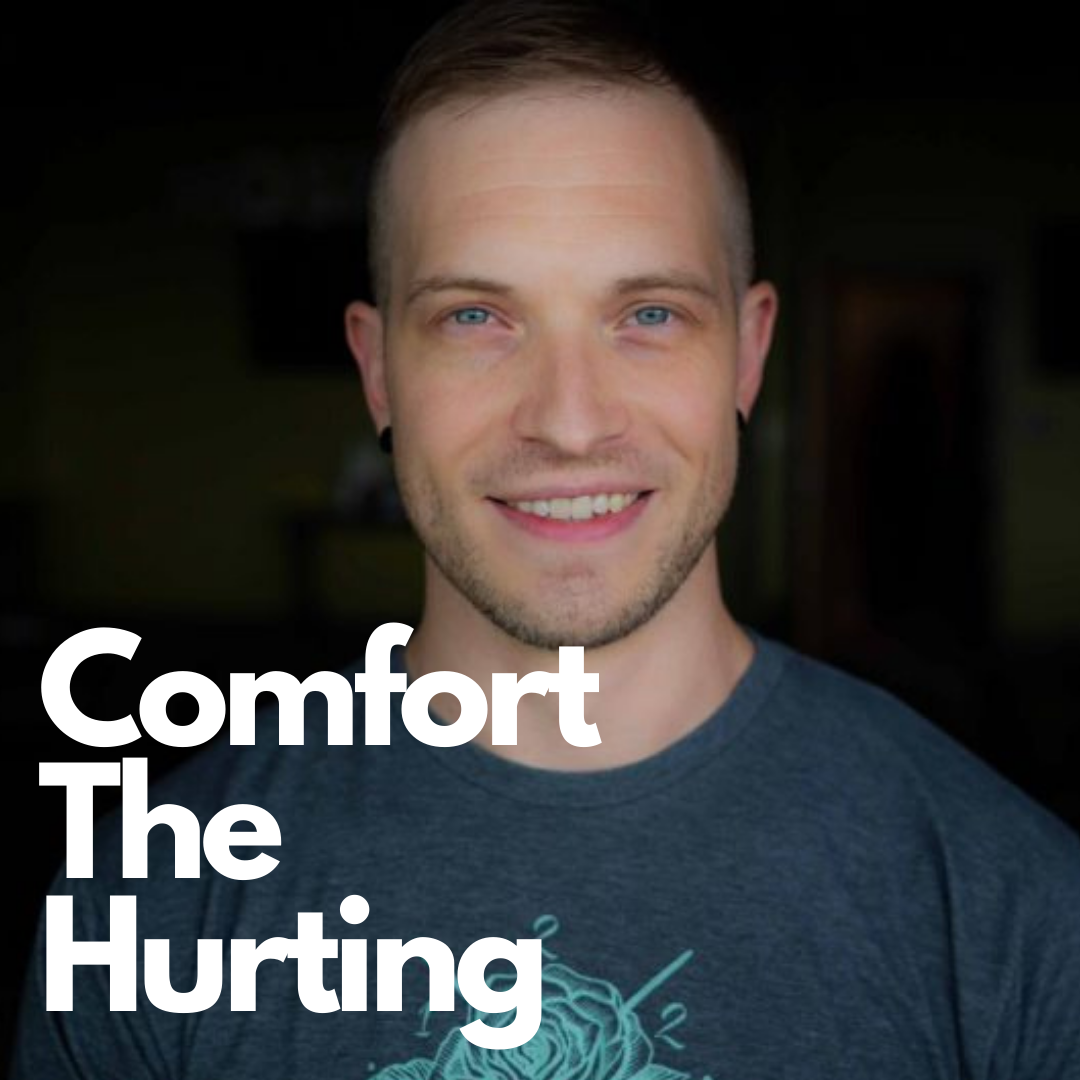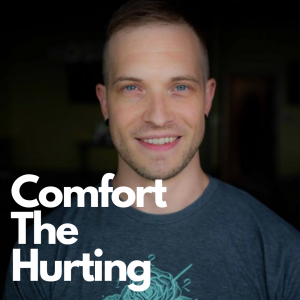Jared Bayless is the Worship Pastor at Element Church. He recently shared this devo with our staff at our weekly staff prayer meeting:
If you’re like me and struggled with what to say or how to comfort hurting people, here are some thoughts I’ve had.
Proverbs 25:20 says, “Singing cheerful songs to a person with a heavy heart is like taking someone’s coat in cold weather or pouring vinegar in a wound.”
Nobody likes grief or suffering. Nobody likes going through it and walking through it with someone else is also difficult. We always want to have the right thing to say to a hurting person, but often just being present and being willing to listen is all that is needed.
We try to fix things that cannot be fixed, much less by us, but we awkwardly try to cheer people up. We do so almost as if we can just change the subject, so we don’t have to talk about it. We think we are so bad at comforting each other. We don’t like getting into people’s messes. We try to focus on positive things to keep their mind off of what they will actually NOT stop thinking about. We are actually dismissing their pain and telling them to process silently.
For those who are suffering, they feel alone and the cheerful songs of life we sing to them or about our own lives or in the way we say, “that’s tough” as if we are hoping that will suffice, is like pouring vinegar in their wounds or taking their coat in a snowstorm.
Alternatively, we sometimes think when someone is grieving, we need to have empathy and feel or mirror what they are feeling. Then, we think if this is how you help someone, it’s too exhausting to do so, so we avoid talking about their situation or even avoid them altogether.
In actuality, what they need is sympathy. Sympathy recognizes their grief and is able to help them make the decisions they mentally cannot process with wisdom at that moment, and it allows us to be ready to help them move out of mourning or pain whenever they are ready.
Empathy can wallow in their pain with them and oftentimes, we don’t let them out of their grief by doing so and we hold them back from moving on when we are trying to feel every pain they are feeling. I believe we do this out of good intentions and there’s nothing wrong with trying to understand their situation, but sometimes this isn’t necessary, and we are mirroring their burdens, not helping carry them.
Unfortunately, for some of us, we also like that emotional connection and emotional high we get by inserting ourselves into their story. It can make us feel valuable and like we have purpose, but most times we are actually prolonging their healing.
When I would go pray with people I had never met before, who asked for a pastor to come to pray with them or their loved ones as they passed, I felt like I was terrible at comforting them. I always felt like I could never say the right thing or missed out on the right time to say something. I felt like I should have been crying with them, but for whatever reason, I am just not wired that way and I didn’t like that about myself at that time.
But what I found out was when I would see them the next time, whether that was at church or in the store somewhere, they would hug me and tell me, “Thank you so much for all you did”. I would think, “All I did? I didn’t do ANYTHING.” And then it dawned on me. I thought I needed to show them empathy, but what they needed was sympathy during their struggle. They needed me to just be present. My words weren’t as important as my actions. I couldn’t solve their problems and they knew that. They needed a friend.
Sympathy is caring for them WHILE they are mourning or mentally and emotionally exhausted, reminding them to eat, praying for them when their mind is too clouded to pray healthy prayers, reminding them they are not alone when they feel the MOST alone.
Sympathy allows us to be like the parent outside the door of our children’s room as they weep and say, “I’m here whenever you are ready to come out and we will face this together.” We often think we must have empathy for people, but it didn’t happen to us, so why are we imagining it did? Are we not creating artificial wounds and unnecessary grief and actually adding to misery instead of guiding someone through it? One day, when suffering finds us, all of us will wish we had someone who didn’t run from our mess.
Our sympathy is being the source of strength that they cannot have because life has weakened them. Being present and helping protect their steps as they grieve and helping them walk where they can’t see will model what Jesus shows us in our suffering. He will not always take it away, but he will help walk with us and guide us as we go through it with him.
He knows we are hurting, and he will be the strength for us to lean on as we walk through it, but he will not always take it from us. He will be right there saying, “I’m here whenever you are ready to come out and we will face this together.” So often we simply need to embrace the mess of our lives together.
We cannot solve everything or even know the right things to say, but we can listen and help make wise decisions for those who are clouded with grief and pain. We can protect the path of the wounded as they keep walking toward Jesus. Let our songs of life be songs of the promises of Jesus and not the vinegar that is poured into the wounds of the wounded.

